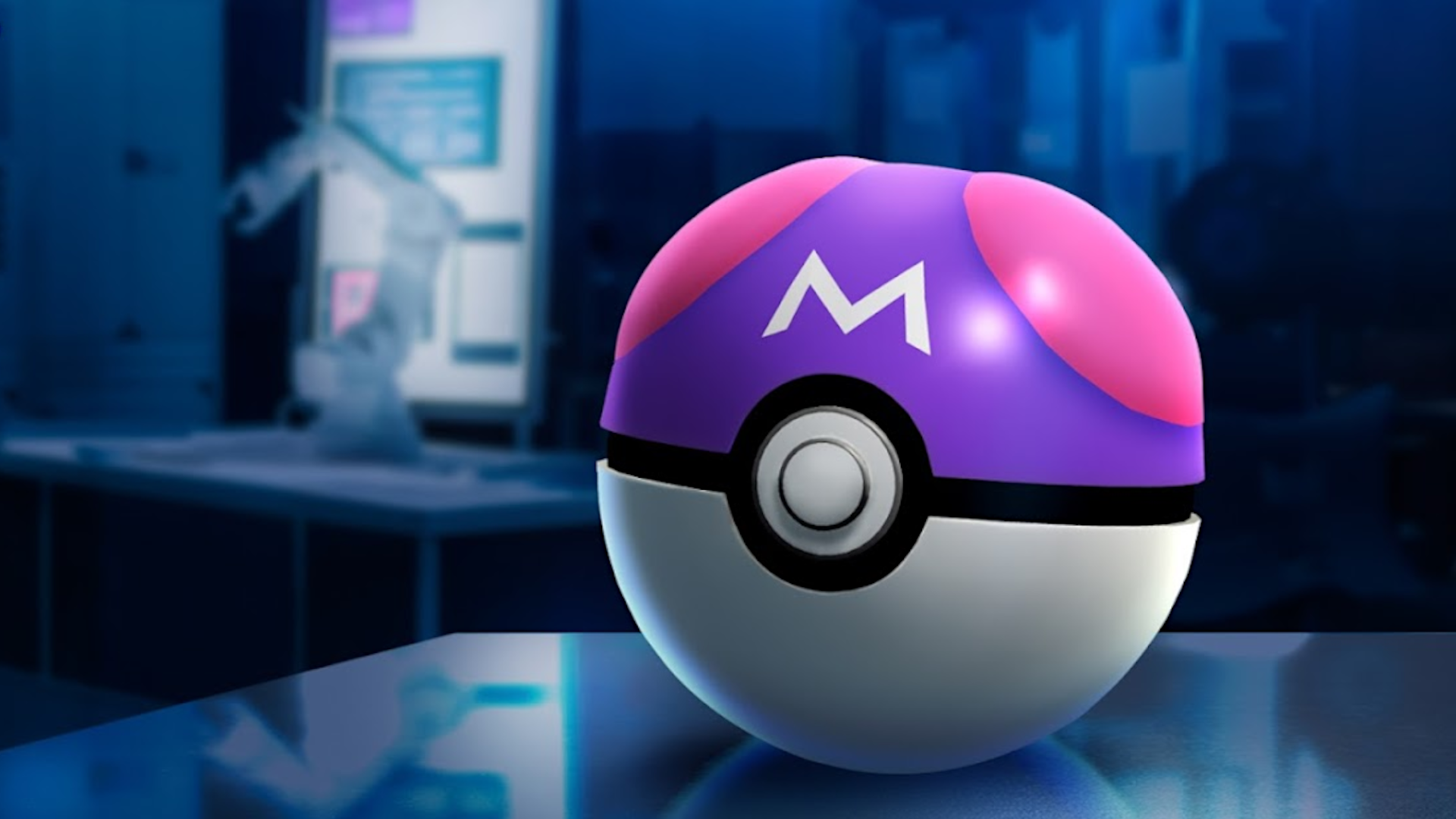Pokemon GO developer Niantic cuts workforce by a quarter after struggling to make lightning strike twice
Cancelled projects include Marvel: World of Heroes and NBA All-World.

John Hanke—CEO of Niantic Inc.—announced a new round of layoffs in a company email, which was then posted on the official Niantic website yesterday.
"I have made the decision to narrow our focus for mobile game investments, concentrating on first party games that most strongly embody our core values of location and local social communities," wrote John Hanke, shortly before laying off one fourth of the company. "This means we are laying off around 230 Niantics."
As for the reasons why, Hanke writes: "The answer is straightforward – we have allowed our expenses to grow faster than revenue," citing a surge of revenue during the Covid-19 pandemic which prompted them to "pursue growth more aggressively."
The decline of that revenue to pre-pandemic levels is mainly because its "new projects in games and platform have not delivered revenues commensurate with those investments," said Hanke.
Those stabs at new projects have included Harry Potter: Wizards Unite (which shut down last year) Catan: World Explorers (shut down in 2021), and Transformers: Heavy Metal (also cancelled last year). Pikmin Bloom escaped the chopping block, mixing it up with its journaling-style "lifelog" system, which saw you entering a photo or a text entry at the end of each day. However, Marvel: World of Heroes and NBA All-World have both been cancelled or sunsetted as part of this new round of layoffs.
"In the years since Pokemon GO’s launch, the mobile market has become crowded and changes to the app store and the mobile advertising landscape have made it increasingly hard to launch new mobile games at scale [...] We also bear responsibility for our own performance. Today’s highly competitive mobile gaming market requires dazzling quality and innovation [...] We have not met our goals in all of these areas."
He then proceeded to lay out the company's strategy going forward. Firstly, a commitment to to making Pokemon GO "healthy and growing as a forever game", followed by ensuring the success of Peridot, Pikmin Bloom, and Monster Hunter Now, and lastly by cutting back on the number of new releases and providing cross-platform solutions for developers in their AR map and AR platform.
Keep up to date with the most important stories and the best deals, as picked by the PC Gamer team.
Some of those impacted by the layoffs took to Twitter in their wake.
Unfortunately I was included in today's layoff at #Niantic.Looking for the next thing asap. If you know of any open roles in games or interactive experiences, I'm looking for Senior/Lead/Principal UX designer or manager roles in LA or with remote options. #uxdesign #gamedevsJune 29, 2023
Had a few hours to process, and I wanted to say that I'll never forget the people I worked with at Niantic, employees and content creators alike. Just because I'm no longer with the company doesn't mean I'm gone. I love this game, and I hope the community you've built thrives. https://t.co/O9ZODX35uhJune 29, 2023
Considering I'd not even heard of half of Niantic's new games, I'm not surprised to hear they'd been spreading themselves too thin. Pokemon GO was a once in a generation success story: it came at the perfect time in people's lives, it was a novel use of smartphone tech, and it gave Pokemon fans the fantasy of being a trainer in real life. I'm not shocked that chasing after its success hasn't worked out.
Niantic also laid off 8% of its workforce in 2022, as reported by Bloomberg, so this marks a second year of turbulence for the company. It's been a harsh climate in the games industry all around: Star Wars the Old Republic thinned its workforce in the move to Broadsword, joining Embracer Group and Firaxis in a sweep of layoffs that hit in May and June. That's not even mentioning this year's layoffs at Riot Games, Take-Two Interactive, and Unity.

Harvey's history with games started when he first begged his parents for a World of Warcraft subscription aged 12, though he's since been cursed with Final Fantasy 14-brain and a huge crush on G'raha Tia. He made his start as a freelancer, writing for websites like Techradar, The Escapist, Dicebreaker, The Gamer, Into the Spine—and of course, PC Gamer. He'll sink his teeth into anything that looks interesting, though he has a soft spot for RPGs, soulslikes, roguelikes, deckbuilders, MMOs, and weird indie titles. He also plays a shelf load of TTRPGs in his offline time. Don't ask him what his favourite system is, he has too many.

